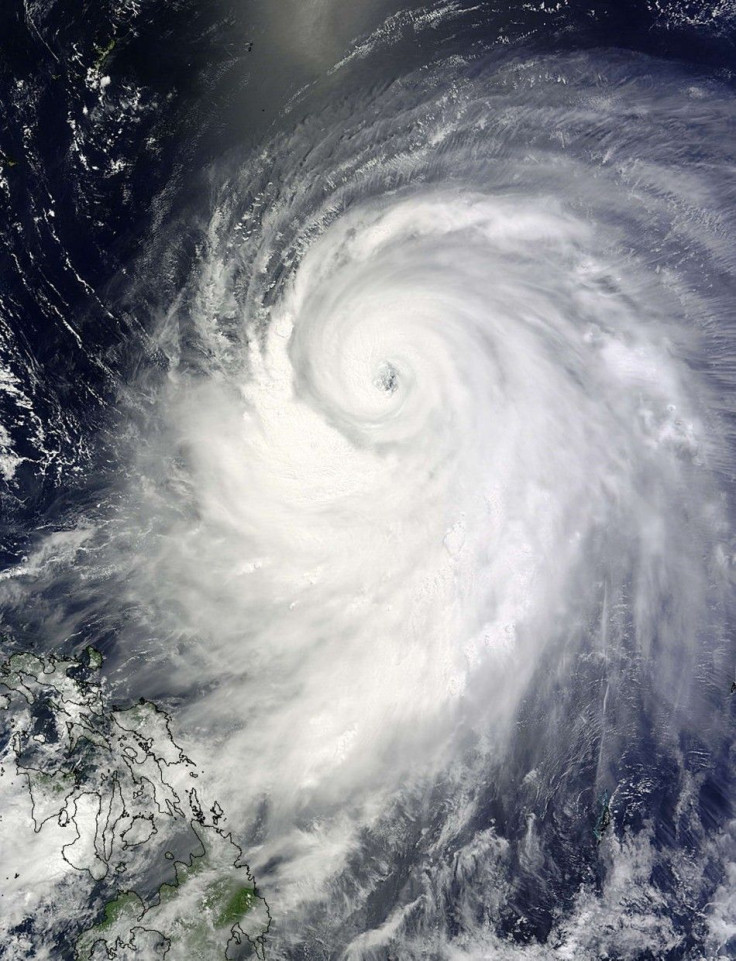Study Shows Oceans are Vital For Alien Life
Oceans Determine The Stability of The Climate Which is Vital for the Existence of Life

A new study by the researchers at the University of East Anglia has found that for life to evolve on other planets, oceans are extremely essential. The research paper, The Importance of Planetary Rotation Period for Ocean Heat Transport, was published in the journal Astrobiology. It looked into the ocean's role in making the planet's climate stable and favourable, moderating climate in Earth-like planets.
Previously, scientists looked into the atmosphere on Earth-like planets to determine if life existed or could exist. But recent research discovered that the presence of oceans is vital for optimal climate stability and habitability.
The team from UEA's schools of Mathematics and Environmental Sciences created on a hypothetical ocean-covered Earth-like planet, a computer simulated pattern of ocean circulation. Taking into account the ocean, they looked at how the planet's rotation would impact heat transport.
Prof David Stevens from UEA's School of Maths said that there were a large number of planets outside our solar system, and the rate of the discovery of new planets is only increasing. This research, he said, would help answer the most important question of whether these planets could sustain alien life.
He explained that some planets are farther away from the sun and some are extremely close; such planets cannot sustain life. "A planet's habitable zone is based on its distance from the sun and temperatures at which it is possible for the planet to have liquid water," said Stevens. But to date, the impact of oceans on the planet's climate was never taken into account.
Oceans have an immense capacity to control climate. "They are beneficial because they cause the surface temperature to respond very slowly to seasonal changes in solar heating. And they help ensure that temperature swings across a planet are kept to tolerable levels," he added.
They also found that oceans transport heat which influences the temperature distribution across a planet and would allow a greater area of a planet to be habitable. He takes the example of Mars, stating that the planets temperature rises above 1,000 degrees Celsius, although it is in the sun's habitable zone because it does not have oceans. Oceans play a major role in making a planet's climate more stable. This makes it essential to factor them into climate models for knowing whether the planet could develop and sustain life.
"This new model will help us to understand what the climates of other planets might be like with more accurate detail than ever before."
The research was funded by the Engineering and Physical Sciences Research Council (EPSRC).





















